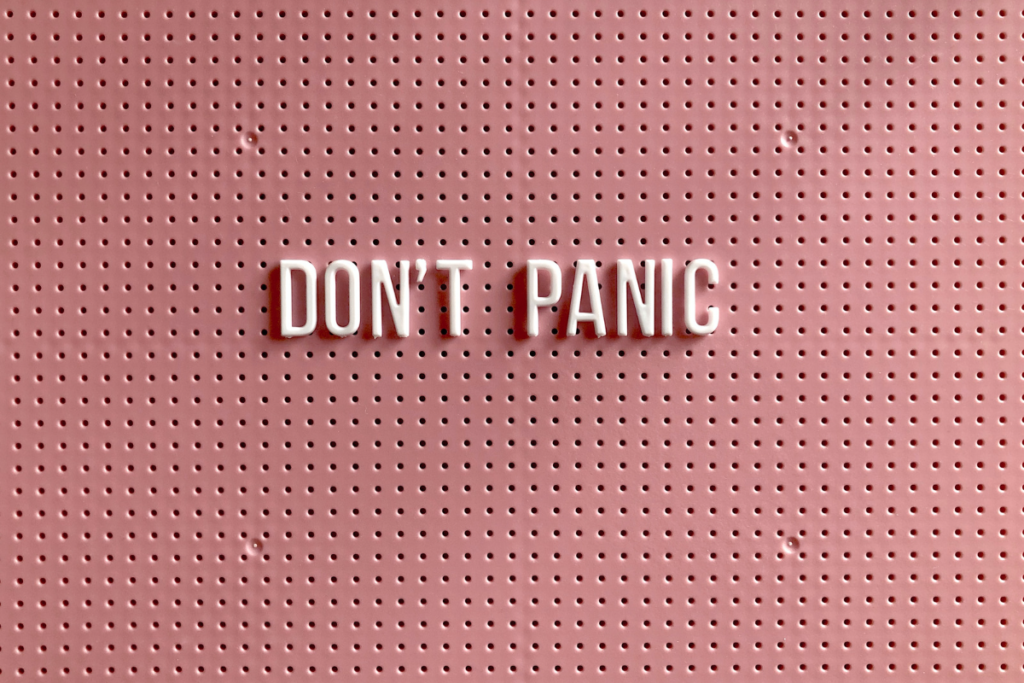
In this article, we’ll see what happens when you get fired. And there are two main ways for an employer to end your contract. As in any other country, either you or your employer can end the relationship. However, the ways to do it and the consequences will be different based on who instigates the break-up.
Little disclaimer : we are not law professionals and the advice we give is of course not exhaustive. If you have any remaining doubts or questions after reading this article, either contact us or an employment law professional.
Getting fired for personal reasons
Why could I be dismissed ?
French employment law dictates that an employee termination can happen on the basis of disciplinary or competency reasons. These two motives are referred to in French as “motif personnel” and cover two categories :
- The disciplinary reasons : if you’re always late, misconduct on the job, insult or hurt co-workers etc.
- The non-disciplinary reasons : if you’re not qualified enough for the job, don’t have the skills etc.
Are there any steps before dismissal ?
There are multiple sanctions and measures that can be taken before the dismissal. And usually, companies won’t resort to a termination right away. You may first get an official reprimand, then a suspension and if the faulty behavior persists, you will be laid-off.
What are the steps for a dismissal for personal reasons ?
Step 1 : Notification
You usually receive a letter or an email inviting you to a pre-dismissal meeting (“entretien préalable au licenciement” in french).
Step 2 : Pre-dismissal meeting
Within 5 days of the reception of the notification letter, HR or management will call you in to let you present your point of view. In this meeting, you can be accompanied by any person from the company that you want.
Step 3 : Letter of dismissal
If the meeting above is inconclusive, within two days you’ll receive a dismissal letter by registered post with acknowledgement of receipt (LRAR = lettre recommandée avec accusé de réception). This letter will state the motive for dismissal and the initial date of notice given. Usually, unless for certain motives (gross misconduct or negligence / faute grave ou faute lourde) where you can be fired right away, the notice will be about a month.

Is there anything I can do to dispute my dismissal ?
If you feel like you don’t agree with your employer and have grounds for a claim, here are the steps :
- Within 15 days of receiving the dismissal letter, you can write a letter to your employer to request clarifications. This letter must be LRAR.
- The employer has then 15 days to answer to you.
- If you are not satisfied with their response, you can refer your case to a specific labour court called “prud’hommes” in France.
How much do I get as severance ?
That’s a tricky question as it depends on your seniority in the company, the grounds of your dismissal etc.
Basically, what you need to bear in mind is that :
- In the event of dismissal for gross misconduct, you don’t get anything
- In other cases you get a ¼ month salary per year in the company
- You can waive the severance package and negotiate a compensation package based on the money that the company owes you for paid leave, bonuses etc…
What happens after getting fired ?
Employees laid off through this procedure are eligible for unemployment benefits in most situations. Again, it is important to note that we are dealing with French employment law that is quite complex and sometimes calls for different outcomes in situations that look the same.
To discover how to register with the french employment agency, click here.
Getting fired on economic grounds
Why would a company resort to that ?
When in a financial plight, companies may choose to lay off staff and this creates some obligations from the employer toward the employee.
This may happen when :
- there has been a significant shift in the market that the company didn’t adress
- a technological change triggers significant evolutions within the company.
Are there any steps before dismissal ?
Most of the time, dismissal on economic grounds doesn’t happen from one day to another. In companies under financial or economic duress, employees are aware of the difficulties whether through official channels (HR, management) or unofficial ones (what you hear during coffee break).
This is just to say that when the first steps of a dismissal on economic grounds are taken, it’s not a complete surprise.
Before actually firing people, the employer must define the skills that he needs to retain or hire. For the people that don’t fall into these categories, the company has to offer them opportunities within the company under different positions.
Actually, even though this is an obligation under law, most of the time companies know they have to take drastic actions and need to lay off some people, so they may offer underqualified positions or to work halfway around the world…
What are the steps for a dismissal on economic grounds ?
Step 1 : Notification
You usually receive a letter or an email that invites you to a preliminary meeting (“entretien préalable” in french).
Step 2 : Preliminary meeting
Within 5 days of the reception of the notification letter, HR or management will call you in to let you present your point of view. In this meeting, you can be accompanied by any person from the company that you want.
Step 3 : Dismissal letter
Within 7 to 15 days after the meeting you’ll receive a letter of dismissal by registered post with acknowledgement of receipt (LRAR = lettre recommandée avec accusé de réception).
Is there anything I can do to dispute my dismissal ?
If you wish to dispute the grounds for dismissal, the package etc, you can refer your case to the “prud’hommes” within the french labour court. In that situation, you should get help from a professional.
How much do I get as severance ?
That’s a tricky question as it depends on your seniority in the company, the grounds of your dismissal etc.
Basically, what you need to bear in mind is that :
- You usually get a ¼ month salary per year in the company. This grows with your years of service.
- You can waive the severance package and negotiate a compensation package based on the money that the company owes you for paid leave, bonuses etc…
What happens after getting fired ?
Employees laid off through this procedure are eligible for unemployment benefits in most general situations. Again, it is important to note that we are dealing with French employment law that is quite complex and sometimes calls for different outcomes in situations that look the same.
To discover how to register with the french employment agency, click here.

Tips
- French law dictates that any termination must be caused by a genuine and serious motive. If you have the displeasure of being in such a situation one day, and feel that the break-up of your contract doesn’t have serious grounds, please get in touch with an employment law professional.
- Make a copy or digitally store every exchange with HR or management during this procedure.
- Paid leave : If you have not been able to take all of your leave before the end of the notice, these days will be paid to you.


